Dementia
Table of Contents
What is a Dementia?
- Dementia is a general term that represents the group of diseases and illnesses that affect your thinking, memory, reasoning, personality, mood, and behavior. The decline in mental function interferes with daily life and daily activities.
- It’s estimated that about 50% of people aged 85 and older have dementia. Current medications may help slow the decline of mental function.
Types of dementia
- Dementia is divided into three groups:
- Primary (diseases and conditions in which dementia is a main illness).
- Secondary (due to another disease or condition).
- Reversible dementia(like symptoms are caused by other illnesses causes or illnesses).
Primary dementia
- Alzheimer’s disease: It is the commonest type of dementia. Two abnormal proteins build up in the brain: tau and amyloid proteins. These proteins disrupt communication between nerve cells in the brain. Nerve cells die, starting in one part and spreading as more nerve cells die in other areas. Symptoms include short-term memory loss, confusion, personality, and changes in behavior. Trouble while talking, remembering distant memories, and issues with walking happen later in the disease. Alzheimer’s disease mainly affects adults who are older up to 10% of those over age 65 and about 50% of people who are older than 85 have the disease. Family history is a very important risk factor for the disease. Approximately 60% to 80% of people with dementia are this type.
- Vascular dementia: Vascular dementia is the second commonest type of dementia. It is caused by conditions such as strokes or atherosclerosis, which block and damage blood vessels in the brain. Symptoms are memory difficulty, confusion, trouble concentrating, and difficulty in completing tasks. The decline might appear suddenly (following a major stroke) or in steps (following a series of mini-strokes). Risk factors include hypertension, high cholesterol levels, and diabetes. About 15% to 25% of people with dementia have vascular types of dementia.
- Lewy body dementia: This condition involves the buildup of clumps of proteins called Lewy bodies in the brain’s nerve cells. Lewy bodies damage nerve cells. Symptoms include problems in movement and balance, changes in sleep patterns, memory loss, planning, and problem-solving difficulties, and visual hallucinations and delusions. About 5% to 10% of dementia is Lewy Body dementia.
- Frontotemporal dementia (FTD): This dementia results from damage to the frontal and temporal lobes of the brain. The damage is caused by the buildup of abnormal proteins in the areas. It can cause changes in social behavior, personality, and/or loss of language skills (speaking, understanding, or forgetting the meaning of common words) or motor coordination. Frontotemporal dementia(FTD) is a common cause of early dementia, often occurring in people between the ages of 45 and 64. Between 5% and 6% of all dementias are Frontotemporal dementia(FTD).
- Mixed dementia: Mixed dementia is a combination of two or more dementia types. The commonest combination is Alzheimer’s disease with vascular dementia. It is most common in people 80 years of age and over. It is often hard to diagnose because symptoms of one dementia can be more obvious and/or many symptoms of each type overlap. The decline is faster in people who have mixed dementia compared with those who only have one type of dementia.
Secondary dementia due to other diseases and conditions
Other causes of dementia include:
- Huntington’s disease: A single defective gene causes this brain disease. The disease causes a breakdown in the brain’s nerve cells, which causes body movement control problems, as well as thinking, decision-making, memory trouble, and changes in the personality.
- Parkinson’s disease: Many people in the later stages of Parkinson’s disease can develop dementia. Symptoms include trouble with thinking and memory, hallucinations and delusions, depression, and trouble in speech.
- Creutzfeldt-Jakob disease: This is a rare infective brain disease that affects about only 1 in 1 million people. An abnormal protein in your brain called prions causes this disease. These prions clump together and cause nerve cell death in the brain. Symptoms include problems in thinking, memory, communication, planning and/or judgment, confusion, behavior changes, agitation, and depression.
- Wernicke-Korsakoff syndrome: This brain disorder is caused by severe thiamine (vitamin B1) deficiency. This can result in bleeding in key areas related to memory in the brain. It is most commonly caused by alcohol use disorder but can also be due to malnutrition and chronic infection. Symptoms include double vision, loss of muscle coordination, difficulty processing information, learning new skills, and remembering things.
- Traumatic brain injury: Repeated blows to the head can cause this injury. It’s most often seen in football players, boxers, soldiers, and people who have had a vehicle accident. Dementia symptoms, which appear years later, include memory loss, behavior changes or mood changes, slurred speech, and headaches.
Dementias due to reversible causes
Some of the conditions can cause dementia-like symptoms that can be reversed with treatment, which include:
- Some of the conditions can cause dementia-like symptoms that can be reversed with treatment, which include:
- Normal pressure hydrocephalus (NPH): This condition happens when cerebrospinal fluid (CSF) builds up in the brain’s spaces (ventricles). The excess buildup harms your brain. Normal pressure hydrocephalus(NPH) can be caused by a brain infection, brain injury, brain bleeding, or previous brain surgery. Symptoms include balance problems, forgetfulness, trouble paying attention, mood swings, frequent falls, and loss of bladder control. Your healthcare provider can drain excess fluid through the surgical placement of the shunt (tube).
- Vitamin deficiency: Not getting enough amount of the vitamins B1, B6, B12 cooper and vitamin E in a diet can cause dementia-like symptoms.
- Infections: Infections that may cause dementia-like symptoms include HIV infection, syphilis, and Lyme disease. reported Symptoms of COVID-19 infection contain “brain fog” and acute delirium. Due to the inflammation and stroke risk seen with COVID-19 infection, both short- and long-term cognitive effects are being investigated. Urinary tract infections (UTIs) and infections in the lungs in the elderly can also result in dementia-like symptoms. Other central nervous systems (CNS) infections and brain infections caused by fungi, bacteria, and parasites can also cause cognitive symptoms.
- Metabolic and endocrine conditions: Conditions that may mimic dementia include Addison’s disease, Cushing’s disease, low blood sugar (hypoglycemia) exposure to heavy metals (like arsenic or mercury), high calcium levels (hypercalcemia, often because of hyperparathyroidism), liver cirrhosis and thyroid problems.
- Medication side effects: Some medications, in some people, may mimic dementia symptoms. These include sleeping pills, anti-anxiety drugs, anti-seizure drugs, antidepressants, antiparkinson drugs, nonbenzodiazepine sedatives, narcotic pain relievers, statins, and others. Ask your healthcare to review the medications if you have any dementia-like symptoms.
- Other causes: Other causes of dementia-like symptoms include tumors in the brain and subdural hematomas (brain bleeds between the brain’s surface and the covering over your brain).
Causes of Dementia
- Dementia is caused by damage to brain cells. The damage to the brain cells interferes with the ability of brain cells to communicate with each other. When brain cells do not communicate normally, thinking, behavior, and feelings can be affected.
- A brain has too many distinct regions, each of which is responsible for different functions (for example, memory, judgment, and movement). When cells in a particular region are damaged, that region can not carry out functions normally.
- Different types of dementia are related to particular types of brain cell damage in a particular part of the brain. For example, in Alzheimer’s disease, high levels of certain proteins inside and outside of the brain cells make it hard for brain cells to stay healthy and communicate with each other. The brain region known hippocampus is the center of learning and memory in the brain, and the brain cells in this region are often the first to get damaged. That is why memory loss is often one of the sooner symptoms of Alzheimer’s disease.
- Most changes in the brain that cause dementia are permanent and get worsen over time, thinking and memory problems caused by the following conditions can improve when the condition is treated or addressed:
- Depression
- Medication side effects
- Excess use of alcohol
- Thyroid problems
- Vitamin deficiencies
Symptoms
Symptoms of dementia vary depending on the cause, but the most common signs and symptoms include:
Cognitive changes
- Memory loss, which is usually noticed by someone else
- Difficulty communicating or finding words
- Difficulty with visual and spatial abilities, such as getting lost during driving
- Difficulty reasoning or problem-solving
- Difficulty handling complex tasks
- Difficulty with planning and organizing
- Difficulty with coordination and motor functions
- Confusion and disorientation
Psychological changes
- Personality changes
- Depression
- Anxiety
- Inappropriate behavior
- Paranoia
- Agitation
- Hallucinations
Diagnosis
Confirming a diagnosis of dementia may be difficult. There are many diseases and conditions that can cause or lead to dementia. In addition, many of its symptoms are commonest to many other illnesses.
Your healthcare provider will:
- Ask about the course of the symptoms.
- Ask about the medical history.
- Review the current medications.
- Ask about the family history of disease including dementia.
- They can also order tests, including laboratory tests, imaging tests, and neurocognitive tests (thinking tests).
Neurologists and geriatricians can assist in making the diagnosis of dementia.
Laboratory tests
- Laboratory tests rule out other diseases and conditions as the cause of dementia like infection, inflammation, underactive thyroid, and vitamin deficiency (especially B12).
Sometimes, healthcare providers order cerebrospinal fluid(CSF) tests to evaluate autoimmune conditions and neurodegenerative diseases if warranted.
Imaging tests
Your healthcare provider may order the following imaging tests of the brain:
- Computed tomography (CT) and magnetic resonance imaging (MRI): CT uses X-rays and a computer to show detailed images of the brain. MRI uses magnets, radio frequencies, and a computer to create clear brain images. These imaging tests look for evidence of stroke, bleeding, tumors and fluid in your brain.
- FDG-PET scan: This is a special type of brain scan that aids in determining the function of the brain and cognitive decline by the pattern of how a type of glucose is absorbed by brain tissue and is sometimes needed in specific diagnoses.
- Neurocognitive testing
- During neurocognitive testing, your healthcare provider uses written and computerized tests to evaluate the mental abilities, which include:
- Problem-solving
- Learning
- Judgment
- Memory
- Planning
- Reasoning
- Language
- Psychiatric evaluation
- The mental health professional may check for signs of depression, mood changes, or other mental health issues that might cause memory loss.
Differential Diagnosis
Dementia may have different causes, and the following conditions need to be treated and/or excluded first:
- Vitamin B12 Deficiency
- Hormone Deficiencies (e.g. thyroid problems)
- Medication side-effects
- Depression
- Alcohol Abuse
- Overmedication
- Infections
- Brain Tumours
Treatment of Dementia
Medications
- No medication can cure your dementia. But some medications may help with some of the symptoms for a time. And doctors may prescribe other medicines to treat problems brought on by dementia, such as depression, trouble sleeping, or irritability.
- Cholinesterase inhibitors such as donepezil (Aricept), galantamine (Razadyne, Reminyl), and rivastigmine (Exelon) slow the breakdown of the brain chemical involved in memory and judgment.
- Memantine (Namenda) helps control the different brain chemicals needed for learning and memory. Sometimes doctors prescribe memantine with donepezil in a combination drug (Namzaric) for moderate dementia to severe dementia.
- Antidepressants, especially selective serotonin reuptake inhibitors (SSRIs), may improve low mood and irritability.
- Anxiolytics such as lorazepam (Ativan) or oxazepam (Serax) could ease anxiety or restlessness.
- Antipsychotic medicines like aripiprazole (Abilify), haloperidol (Haldol), risperidone (Risperdal), and olanzapine (Zyprexa) can help you to control feelings and behaviors such as aggression, and agitation, delusions, or hallucinations.
Therapies
- These approaches might help jog the loved ones’ memory and thinking skills or at least give them pleasure and brighten their day. Make sure anything they try helps their quality of life and does not make them feel frustrated or overwhelmed.
- Reminiscence therapy might include things like talking with your loved one about their hometown, school days, work life, or their favorite hobbies. It can be done one on one or in groups as part of an organized therapy. The person leading the session might use music from your loved one’s past, or things like photos or treasured items can help.
- Cognitive stimulation therapy (CST) is a structured program for groups of people with mild dementia to moderate dementia. At meetings, the group does mentally engaging activities, like talking about current events, singing, playing word games, or cooking from the recipe.
- Reality orientation training goes over basic things such as the person’s name, and the date and time. They might have signed with that information placed around their home. Some people find this to be s much or even patronizing. If it is not working for your loved one, drop it.
Physiotherapy treatment
- Physiotherapy is not a modality used to cure the underlying cause of dementia, but exercise can be used in the prevention of dementia and minimizing the effects of dementia e.g. reduced mobility and pain. In addition, well-rounded knowledge of dementia is important in the treatment of patients with dementia presenting to physiotherapy for other conditions. A study suggests that a high-intensity functional exercise program has positive outcomes on balance in this type of patient.
- Physiotherapists can play a role in customizing programs of exercise. Research has shown positive effects that exercise may prevent or delay the onset of dementia, by slowing down cognitive decline. This leads to improved quality of life and slowing down of functional decline expected with the process of the disease. There is also some evidence that exercise therapy can improve the ability of people with dementia in performing activities of daily living(ADLs). The cross-sectional study published in February 2020 suggests a positive association between global cognitive function and self-paced gait speed in too-old people. A randomized controlled trial suggests favorable outcomes with exercise and horticultural intervention programs for older adults with depression and problems in memory. Another randomized controlled study suggests, action observation (motor-related information available through the visual function) with gait training provides more significant benefits for gait and cognitive performances in old people with mild cognitive impairment.
Risk factors
Many factors can eventually contribute to dementia. Some factors, such as age, can not be changed. Others can be addressed to lower the risk.
Risk factors that can not be changed
- Age: The dementia risk rises as you age, especially after age 65. However, dementia is not a normal part of aging, and dementia may occur in younger people.
- Family history: Having a family history of dementia puts you at more risk of developing the condition. However, many people with a family history do not develop symptoms, and many people without a family history do. There are some tests to determine whether you have certain genetic mutations.
- Down syndrome: By middle age, many people with Down syndrome develop early-onset of Alzheimer’s disease.
Risk factors you can change
You can be able to control the following risk factors of dementia.
- Diet and exercise: Research shows that the lack of exercise increases the risk of dementia. And while no specific diet is known to lower dementia risk, research indicates a greater incidence of dementia in people who eat an unhealthy diet compared with those who follow the Mediterranean-style diet rich in produce, whole grains, nuts, and seeds.
- Excessive alcohol use: Drinking big amounts of alcohol has long been known to cause brain changes. Several large studies and reviews found that alcohol use disorders were linked to more risk of dementia, particularly early-onset dementia.
- Cardiovascular risk factors: These include high blood pressure (hypertension), high cholesterol, the buildup of fats in the artery walls (atherosclerosis), and obesity.
- Depression: Although not yet well understood, late-life depression may indicate the development of dementia.
- Diabetes: Having diabetes may increase your risk of dementia, especially if it is poorly controlled.
- Smoking: Smoking may increase your risk of developing dementia and blood vessel diseases.
- Air pollution; Studies in animals have indicated that air pollution particulates may speed the degeneration of the nervous system. And human studies have found that air pollution exposure particularly from traffic exhaust and burning wood is associated with more dementia risk.
- Head trauma: People who have had severe head trauma have a greater risk of Alzheimer’s disease. Several large studies found that in people aged 50 years or older who had a traumatic brain injury (TBI), the risk of having dementia and Alzheimer’s disease increased. The risk increases in people with more-severe and multiple traumatic brain injuries (TBI). Some studies indicate that the risk may be greatest within the first six months to two years after the traumatic brain injury (TBI).
- Sleep disturbances: People who have sleep apnea and other sleep disturbances may be at higher risk of developing dementia.
- Vitamin and nutritional deficiencies: Low levels of vitamin D, vitamin B-6, vitamin B-12, and folate can increase the risk of dementia.
- Medications that may worsen memory. Try to avoid over-the-counter sleep aids which contain diphenhydramine (Advil PM, Aleve PM), and medications used to treat urinary urgency such as oxybutynin (Ditropan XL).
Also, limit sedatives and sleeping tablets, and talk to your doctor about whether any of the drugs you take may make your memory worse.
Complications
Dementia can affect so many body systems and, therefore, the ability to function. Dementia can lead to:
- Poor nutrition: Many people with dementia eventually lower or stop eating, affecting their nutrient intake. Ultimately, they might be not able to chew and swallow.
- Pneumonia: Difficulty swallowing increases the risk of choking or aspirating food into your lungs, which can block breathing and cause pneumonia.
- Inability to perform self-care tasks: As dementia progresses, it may interfere with bathing, dressing, brushing hair or teeth, using the toilet independently, and taking medications as directed.
- Personal safety challenges: Some day-to-day situations can present safety issues for people with dementia, including driving, walking, cooking, and living alone.
- Death: Late-stage of dementia results in coma and death, often from infection.
How to Prevent Dementia?
- There is no sure way to prevention of dementia, but there are some steps you can take that may help. More research is needed, but it may be beneficial to do the following steps:
- Keep your mind active: Mentally stimulating activities, such as reading, solving puzzles and playing word games, and memory training may delay the onset of dementia and decrease its effects.
- Be physically and socially active: Physical activity and social interaction may delay the onset of dementia and reduce the symptoms. Aim of 150 minutes of exercise per week.
- Quit smoking: Some studies have shown that smoking in middle age and beyond might increase the risk of dementia and blood vessel conditions. Quitting smoking may lower your risk and will improve your health.
- Get enough vitamins: Some research suggests that people with low levels of vitamin D in the blood are more likely to develop Alzheimer’s disease and other forms of dementia. You can get vitamin D through certain foods, supplements, and exposure to the sun.
- Manage cardiovascular risk factors: Manage high blood pressure, high cholesterol, and diabetes. Lose weight if you are overweight. High blood pressure may lead to more risk of some types of dementia. More research is needed to determine whether managing high blood pressure may reduce the risk of dementia.
- Treat health conditions: See the doctor for treatment for depression or anxiety.
- Maintain a healthy diet: A diet like the Mediterranean diet rich in fruits, vegetables, whole grains, and omega-3 fatty acids, which are commonly found in certain fish and nuts might promote health and lower the risk of developing dementia. This type of diet also improves cardiovascular health, which may help reduce dementia risk.
- Get good-quality sleep: Practice good sleep hygiene, and talk to the doctor if you snore loudly or have periods where you stop breathing or gasp while sleeping.
FAQ
Physiotherapy plays a very important part in promoting and maintaining mobility for people with dementia, and particularly has a vital role in end-of-life care, by managing positioning, seating, and painful contractures. People with dementia often have difficulty in express pain.
Physiotherapy is not the modality used to treat the underlying cause of dementia, but exercise may be used in the prevention of dementia and minimizing the effects of dementia e.g. reduced mobility and pain.
Types of exercise for people with dementia are Gardening: Gardening is a physical activity that provides an opportunity to get outdoors and is enjoyed by so many people, Indoor bowls/skittles, Dance, Seated exercises, Swimming, Tai chi/qigong and Walking.
6 exercises to help lower the risk of dementia, Walking or power walking, Riding a bicycle or exercise bike, Swimming, Running
Cardio machines like the elliptical and Circuit training.
Commercial brain training games and computer programs have as yet not been shown to lower the risk of dementia. While exercise of the brain has not been proven to prevent dementia, it may lower the risk or delay the onset of dementia, and the general health benefits of these activities are well established.
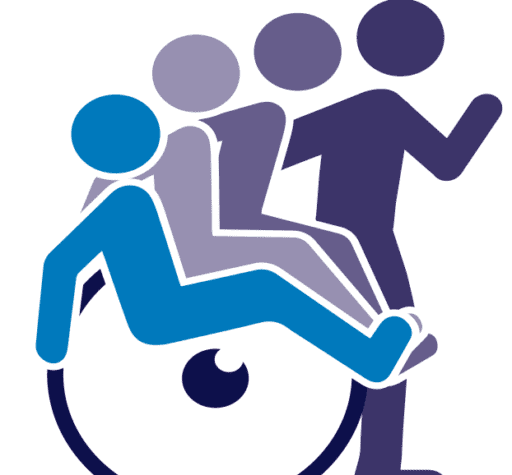

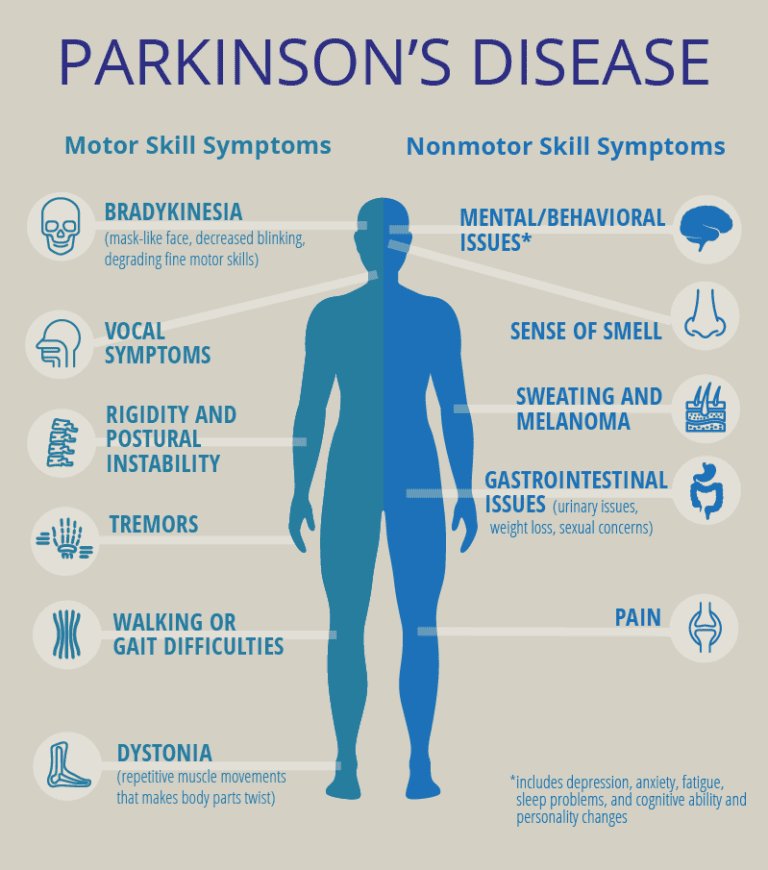
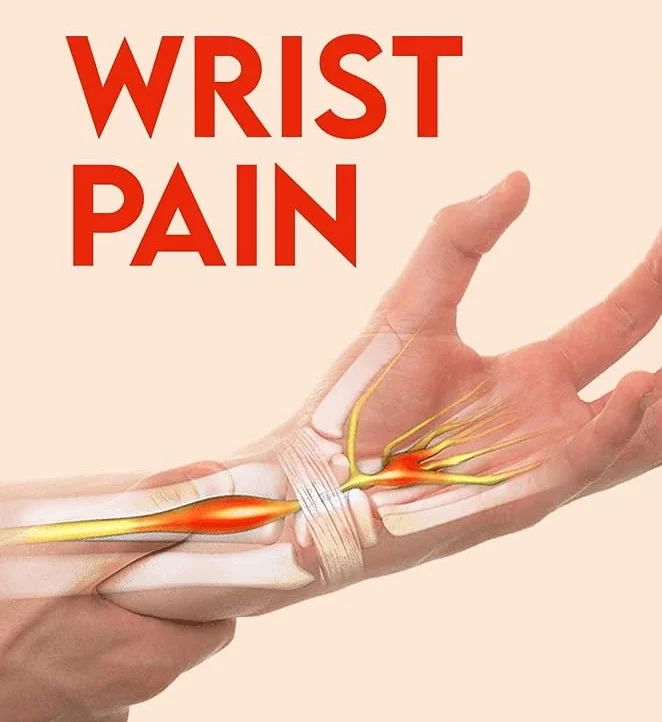
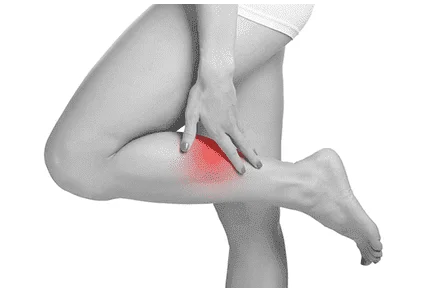
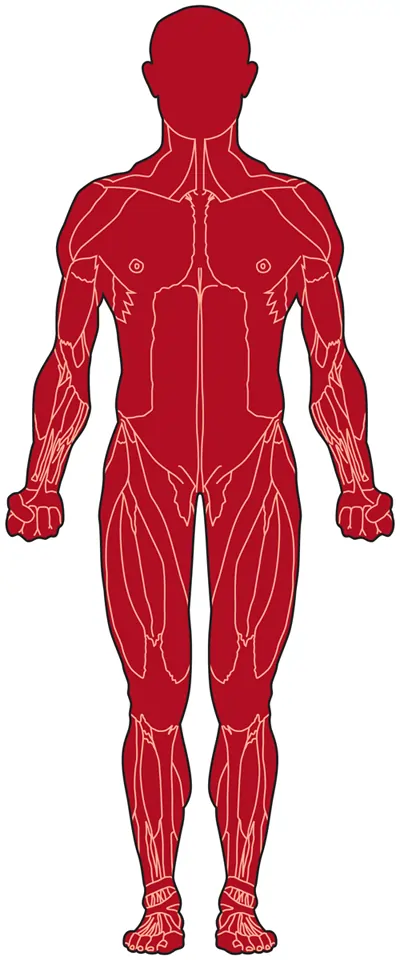
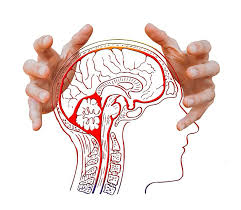
25 Comments